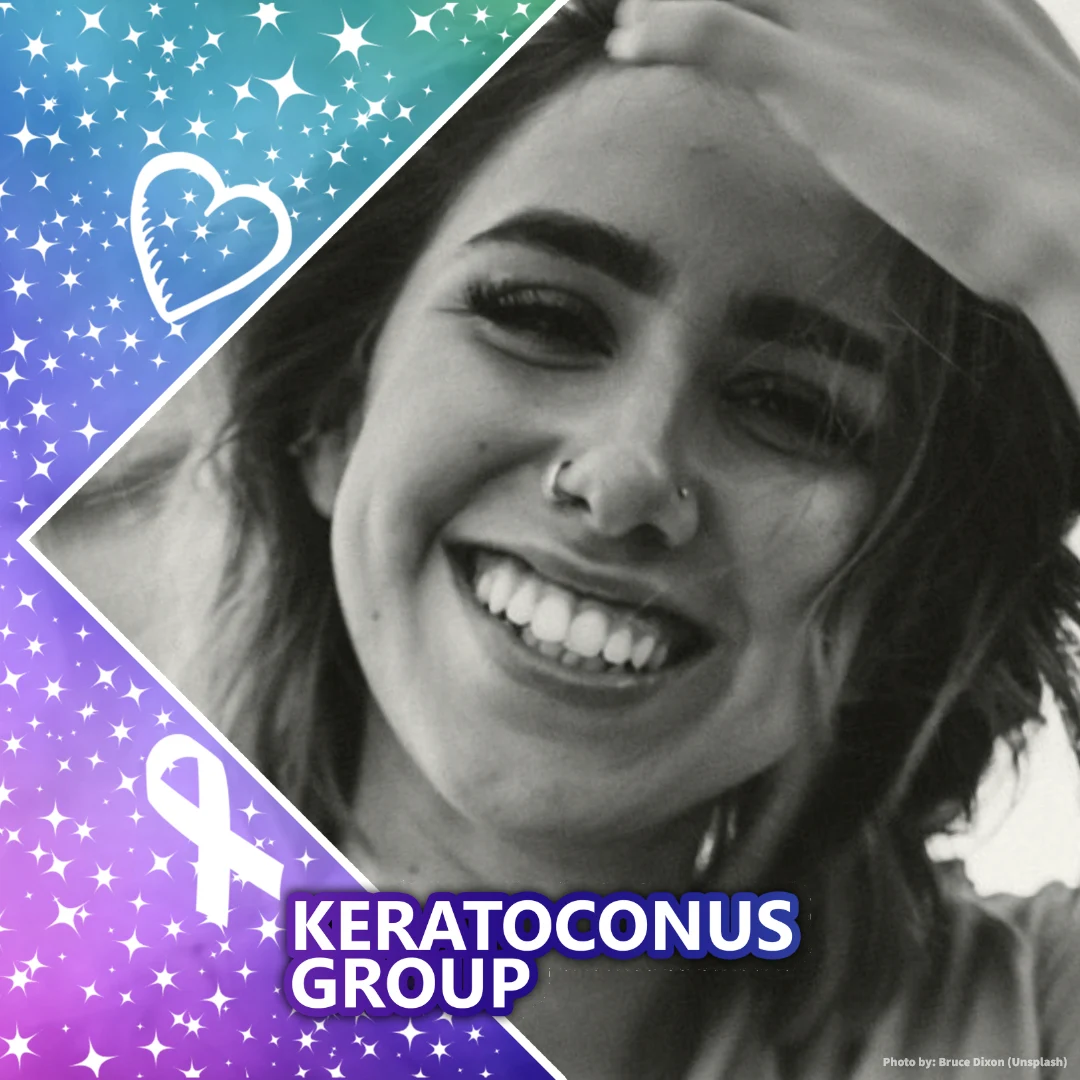
Keratoconus Group's private Facebook group for keratoconus patients and eye care professionals now has more than 25,000 members!
Today, we are excited to announce that our private Facebook group has grown to more than 25,000 keratoconus patients and eye care professionals.
It has been rewarding to see that the idea of spreading keratoconus awareness has grown stronger each year. Over the past fourteen years, what began as a small support group has grown into a global community with more than 34,000 members on Facebook and Reddit, and over 35,000 social media followers.
Connecting with others who know first-hand what you are going through can help reduce feelings of isolation, fear, and hopelessness. Staying motivated and positive is much easier when you have others you can turn to and lean on to help you get through tough times.
Thanks to our dedicated volunteers and thousands of contributors who share their knowledge and experience on our forums everyday, today our keratoconus community is an essential destination for keratoconus patients and eye care professionals.
Join our Facebook Group to ask questions and share your knowledge with other keratoconus patients and eye doctors, and help us in creating a stronger community that fosters new relationships between patients, eye care providers and researchers.
Join Keratoconus GroupChange Your Facebook Profile Picture
Spread keratoconus awareness by using this profile picture frames!
Tell Your Keratoconus Story
Join us in celebrating this great milestone by sharing your stories and telling others how this community helped you through keratoconus challenges.
You can email your keratoconus stories and photos to [email protected] and we will share them with our community.
What is Keratoconus?
Keratoconus (KC) is a degenerative condition of the eye in which the normally round, dome-shaped cornea becomes progressively thinner. this causes a cone-like bulge to develop in the area where the cornea is thinnest- usually in the center.
Keratoconus occurs in about 1 out of every 2,000 people in the general population and it is found in all parts of the world and in all ethnic groups. If left untreated, Keratoconus could lead to significant visual impairment and legal blindness.


